- Ho Chi Minh City: Determined to prevent and repel "black credit" activities
- Ho Chi Minh City Department of Labor, Invalids and Social Affairs advises on effective implementation of social security work and sustainable poverty reduction.
- Ho Chi Minh City has supported housing rent for more than 1.2 million workers.
- Ho Chi Minh City: Strictly handle officials who cause trouble and harassment when handling work
According to a report from the Pasteur Institute of Ho Chi Minh City, since the beginning of the year, the Southern region has recorded 9,028 cases of hand, foot and mouth disease, including 4 deaths with a diagnosis of hand, foot and mouth disease (HFMD) grade 4, all positive for Enterovirus 71 (EV71).
In Ho Chi Minh City, the number of cases started to increase from the 19th week and has increased rapidly since the 21st week. The cumulative number of TCM cases to date is 2,407; no deaths have been recorded.
Regarding inpatient treatment, Ho Chi Minh City hospitals have treated a total of 936 cases of hand, foot and mouth disease, including 46 severe cases and 4 deaths (transferred from other provinces).
On June 17 alone, the total number of hospitalizations was 41, of which 8 were in Ho Chi Minh City (accounting for 20%). The total number of inpatients was 147, all of whom were children under 6 years old.
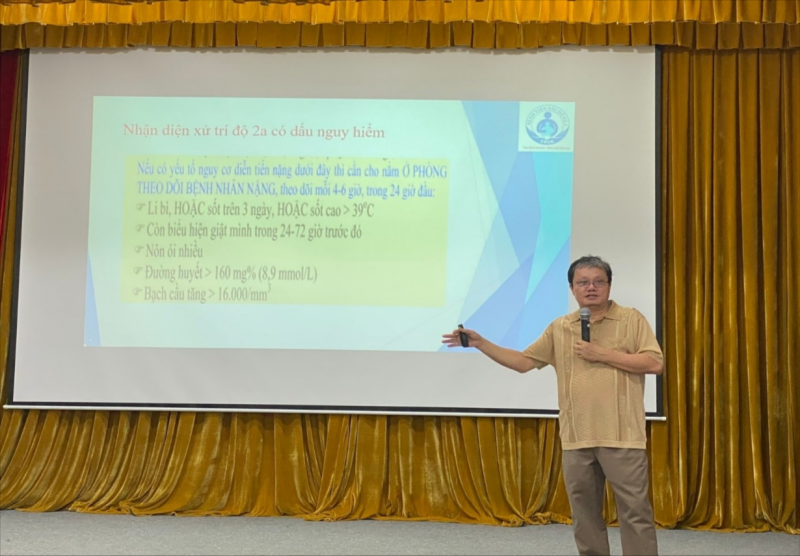
Dr. Truong Huu Khanh - Children's Hospital 1 trained on the content of identifying and treating TCM disease.
There are 18 seriously ill children being treated in the intensive care units of 3 children's hospitals, including 1 case residing in Ho Chi Minh City, the rest are transferred from other provinces, of which 14 cases are in critical condition requiring ventilators, 1 case is on dialysis.
In order to proactively prepare resources for the treatment system to respond to the situation of an increase in the number of cases, the Ho Chi Minh City Department of Health has developed a plan to ensure the admission and treatment of TCM according to three scenarios to respond to severe cases (from level 2a and above, estimated to account for about 10% of inpatient cases).
Specifically, the first scenario is expected when there are less than 50 new hospitalizations per day, less than 200 inpatients, and less than 20 severe cases in hospitals.
Accordingly, the total number of beds for TCM treatment in this situation is more than 200, with 30 beds for intensive care. TCM children are given priority for treatment at 3 specialized pediatric hospitals in the city.
When the number of new hospitalizations per day increases from 50-100 cases, the health system serves 200-700 inpatients and 20-70 severe cases in hospitals, Ho Chi Minh City will move to the second situation.
At this time, the total number of TCM treatment beds will need 700 beds, including 80 intensive care beds. TCM children are treated at 3 specialized pediatric hospitals and the Tropical Diseases Hospital.
The third scenario is expected to be implemented when the city has 100-200 new TCM cases hospitalized each day and medical facilities have 700-1,400 inpatients with about 70-140 severe cases in hospitals.
The total number of treatment beds needed to be prepared in this situation is 1,400 beds, including about 150 intensive care beds.
Severely ill children are treated at 3 pediatric hospitals and the Tropical Diseases Hospital. At the same time, the treatment system implements the process of classifying outpatient and inpatient children and assigning treatment routes to avoid local overload at the final hospital and minimize deaths.
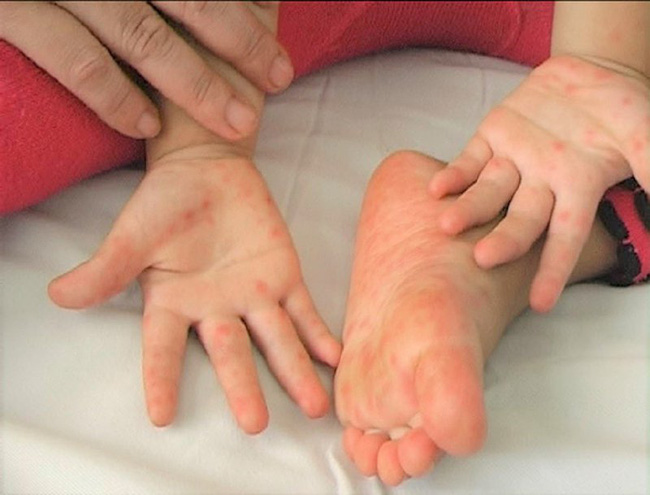
When detecting signs of suspected illness in children, take the child to see a doctor or immediately notify the nearest medical facility. Closely monitor the child when he or she is sick to detect early signs of worsening illness.
In addition to recommending that units urgently prepare medicines and infusions, medical equipment and supplies for the above response plans, the Department of Health has also sent an official dispatch requesting the Drug Administration to support finding additional suppliers of specific medicines, and recommending that the National Institute for Control of Vaccines and Medical Biologicals support speeding up the testing of related medical biological products necessary for the treatment of hand, foot and mouth disease in order to promptly circulate imported medicines, serving the medical examination and treatment work in the current rapidly progressing epidemic situation.
In addition to actively treating patients, the 3 specialized pediatric hospitals and the Tropical Diseases Hospital are also assigned to provide professional support for TCM treatment to lower-level hospitals and provinces in the region, preventing cases of unsafe transfer of patients from the provincial level to the city.
The city's Children's Hospitals organized retraining on diagnosis and treatment of TCM, detection of signs of severe disease, basic and advanced emergency resuscitation for all medical examination and treatment facilities from clinics to district-level hospitals, and general hospitals with pediatric departments in the city.
The TCM expert team is on duty at the “Hotline” and is ready to provide professional support to the facilities when necessary. In case of a serious case that is assessed through consultation as unsafe for transfer to a higher level, the final level hospital will proactively send experts to provide direct professional support to the facility.
The Ho Chi Minh City Department of Health also requested the City's 3 Children's Hospitals and the Hospital for Tropical Diseases to continue to coordinate with OUCRU to sequence genes to determine the severe disease-causing genotypes of EV71 from specimens of TCM patients.
Source link





![[Photo] Prime Minister Pham Minh Chinh chairs the meeting of the Government Party Committee Standing Committee](https://vstatic.vietnam.vn/vietnam/resource/IMAGE/2025/8/23/8e94aa3d26424d1ab1528c3e4bbacc45)
![[Photo] General Secretary To Lam attends the 80th Anniversary of the Cultural Sector's Traditional Day](https://vstatic.vietnam.vn/vietnam/resource/IMAGE/2025/8/23/7a88e6b58502490aa153adf8f0eec2b2)


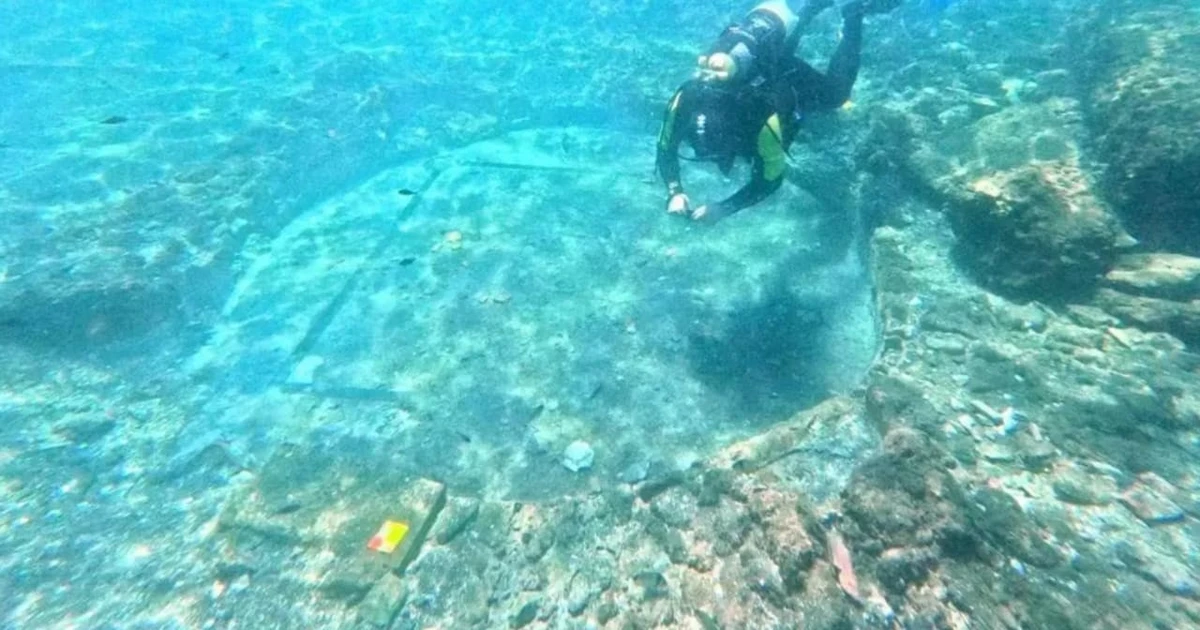




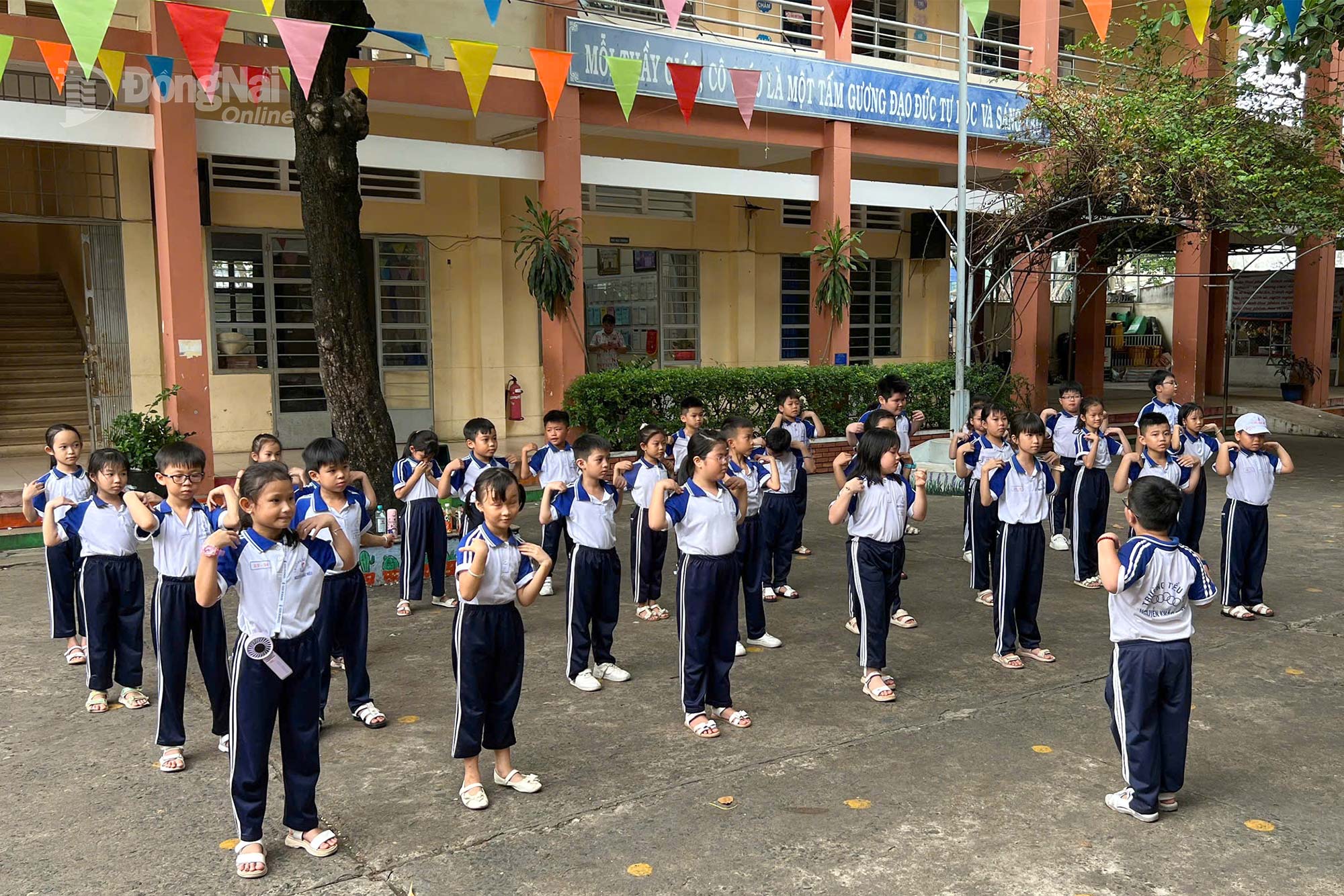

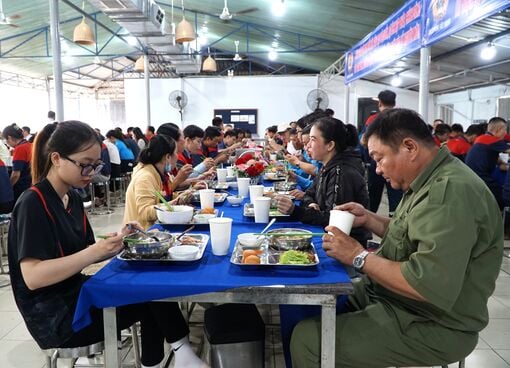

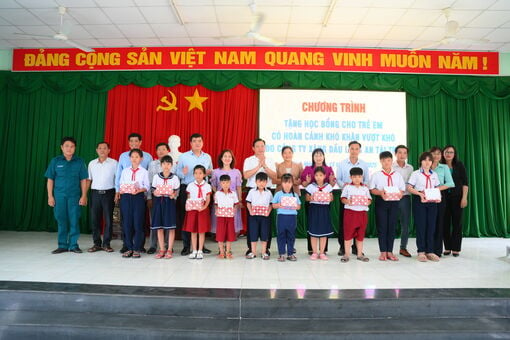
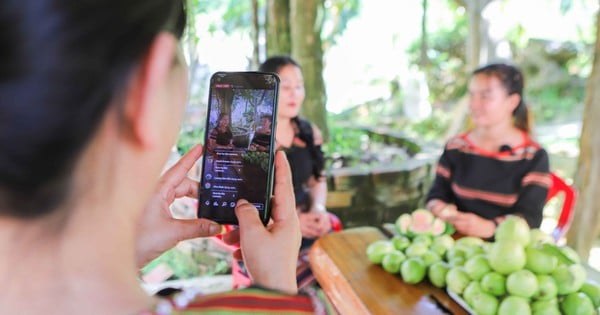

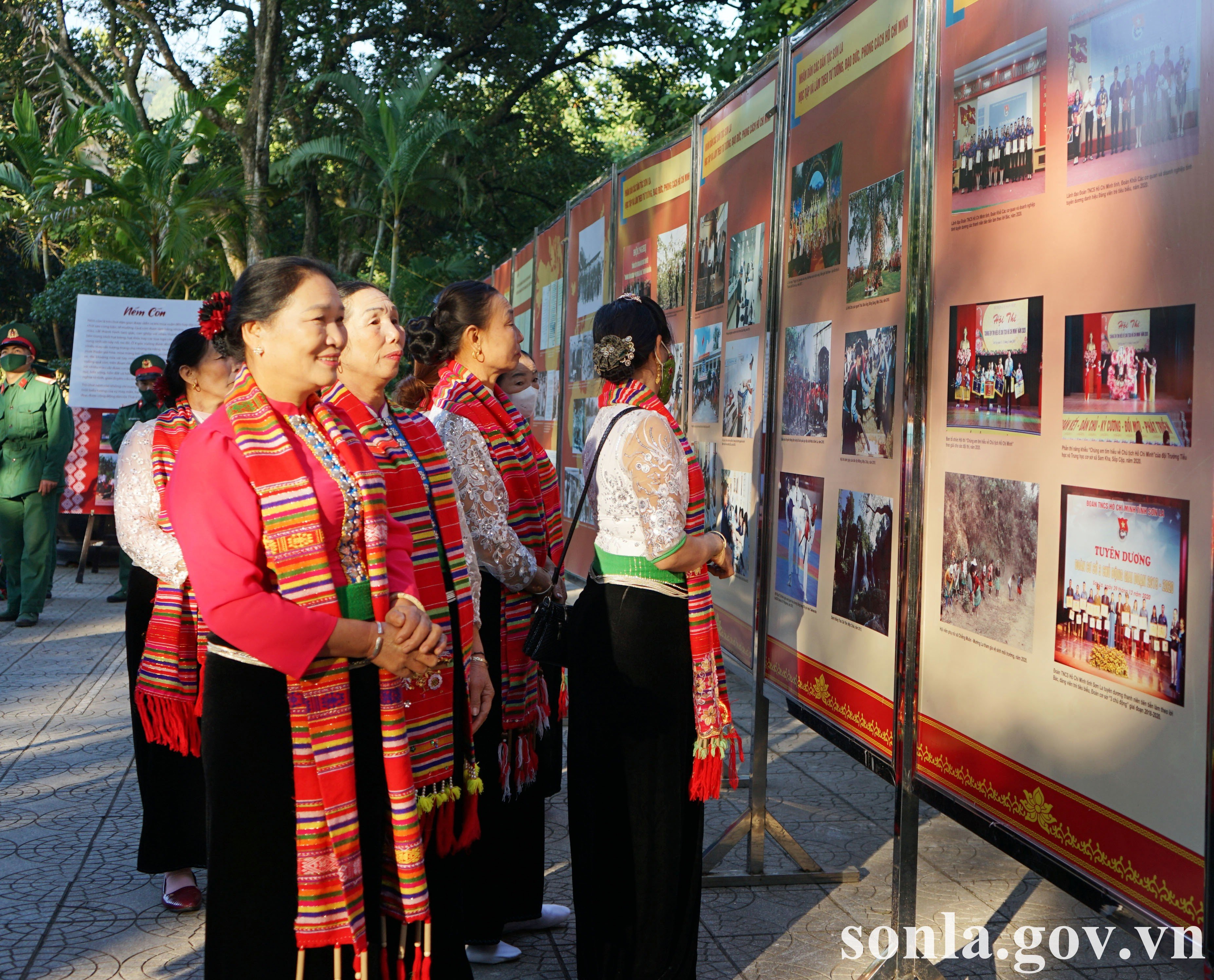





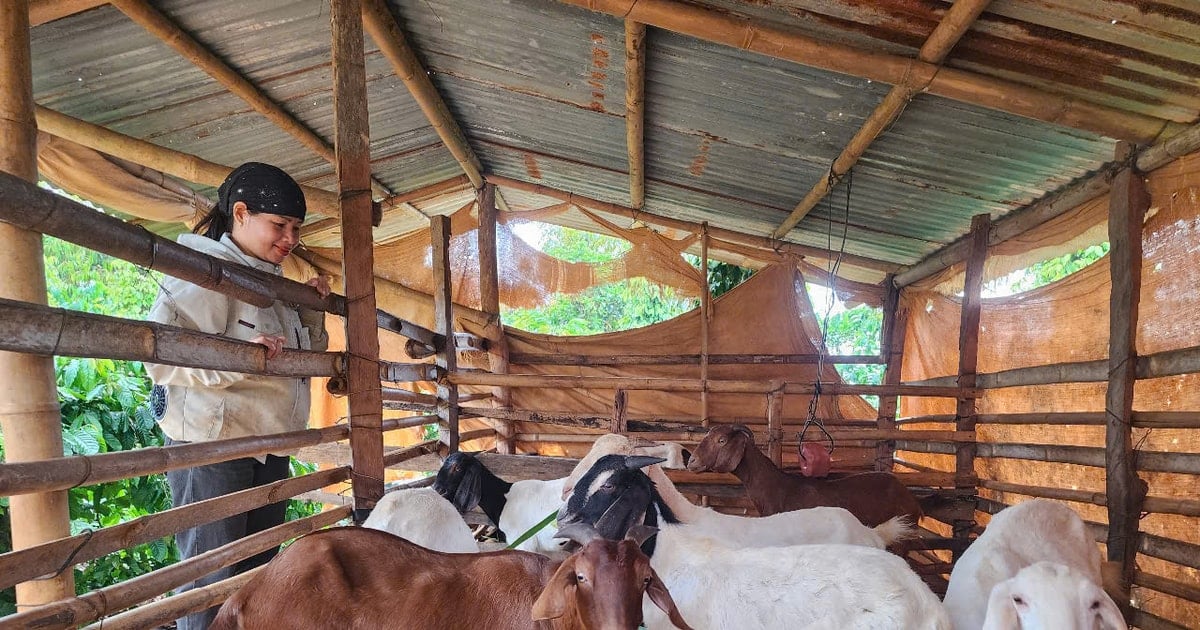

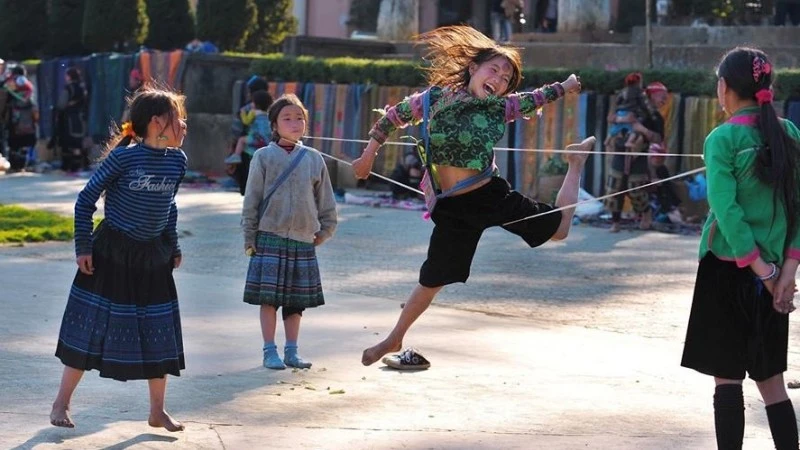





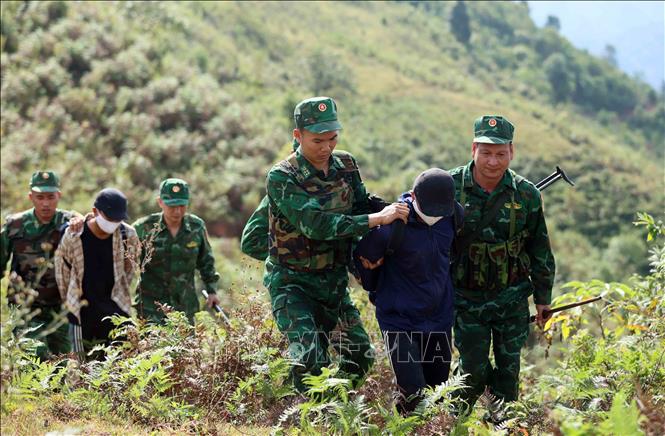

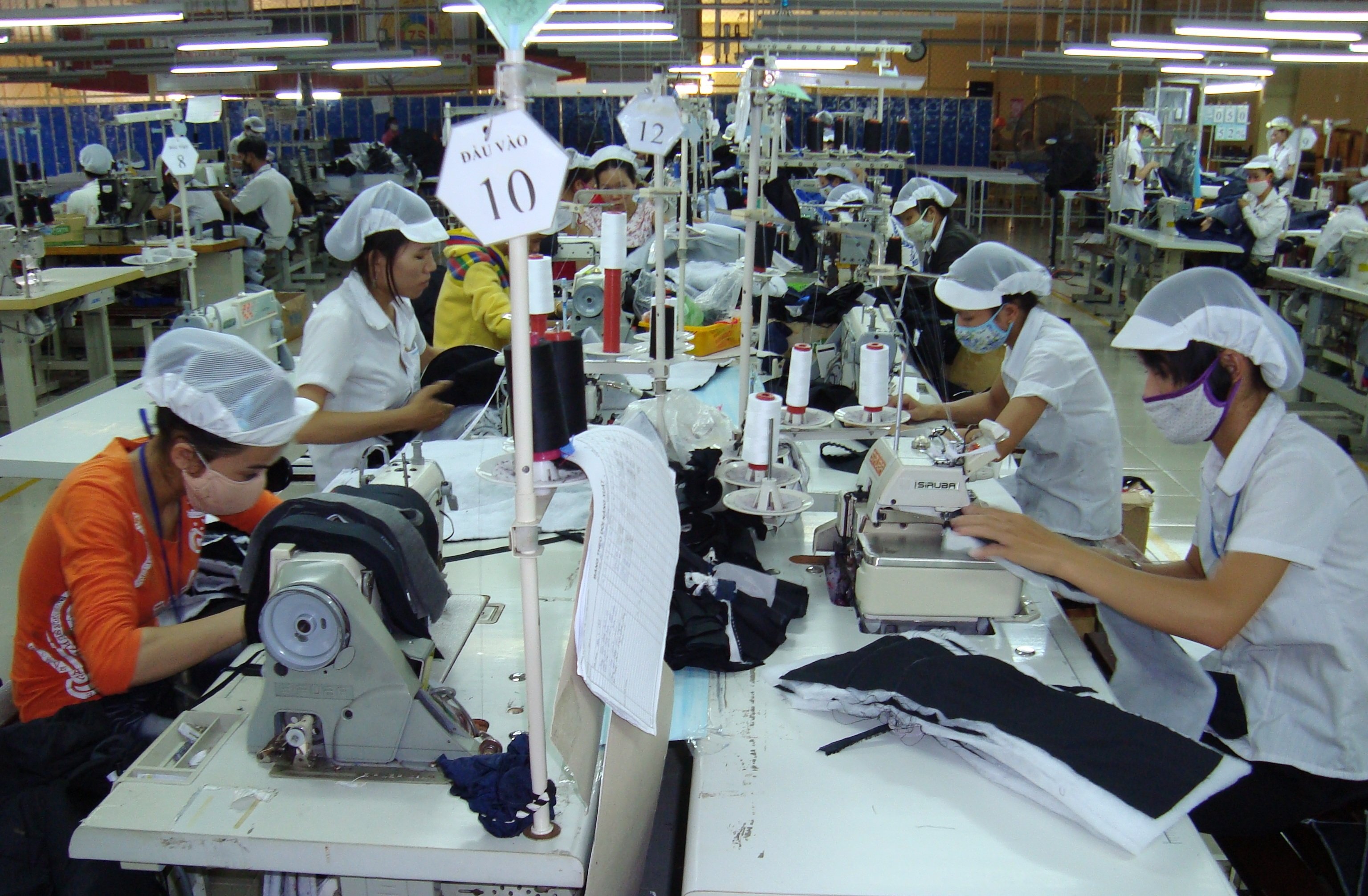
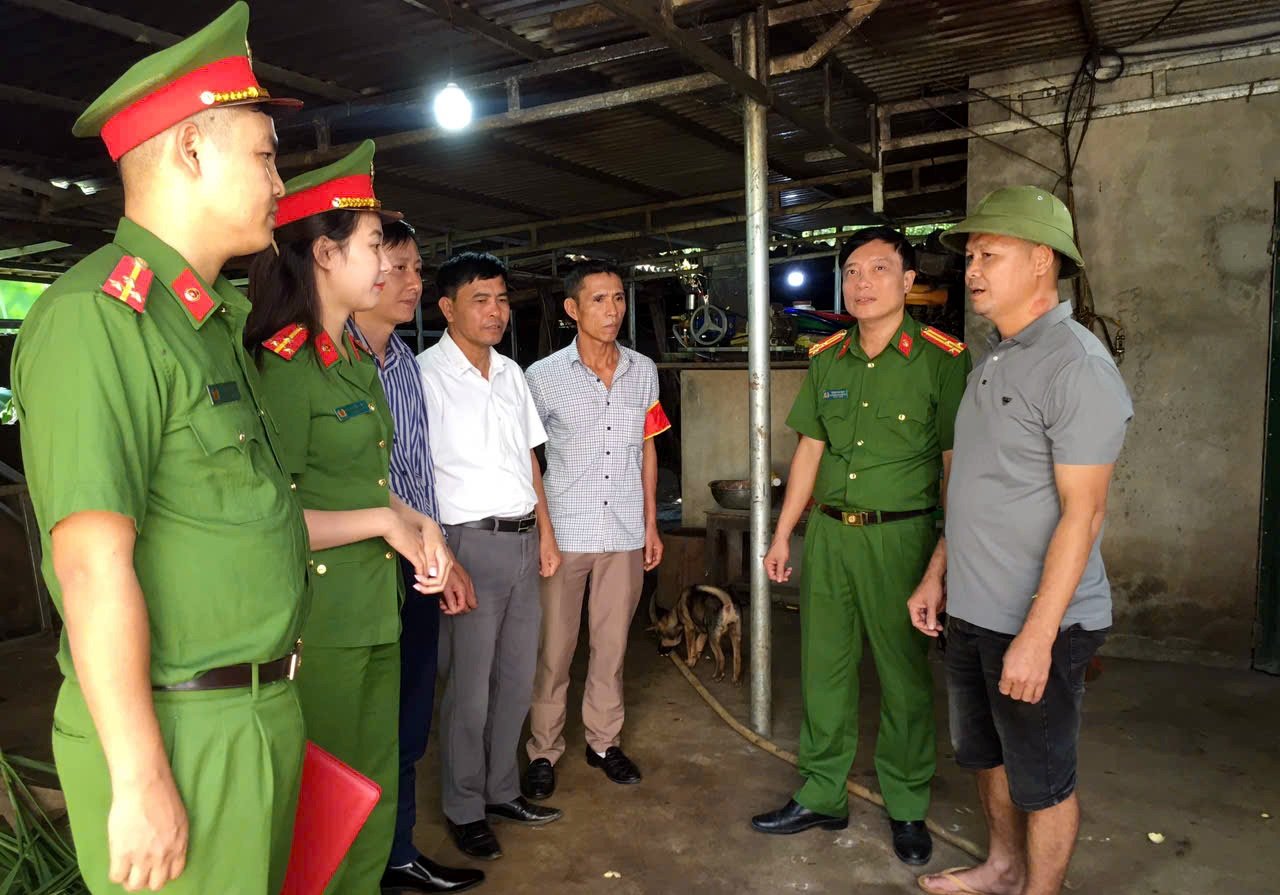
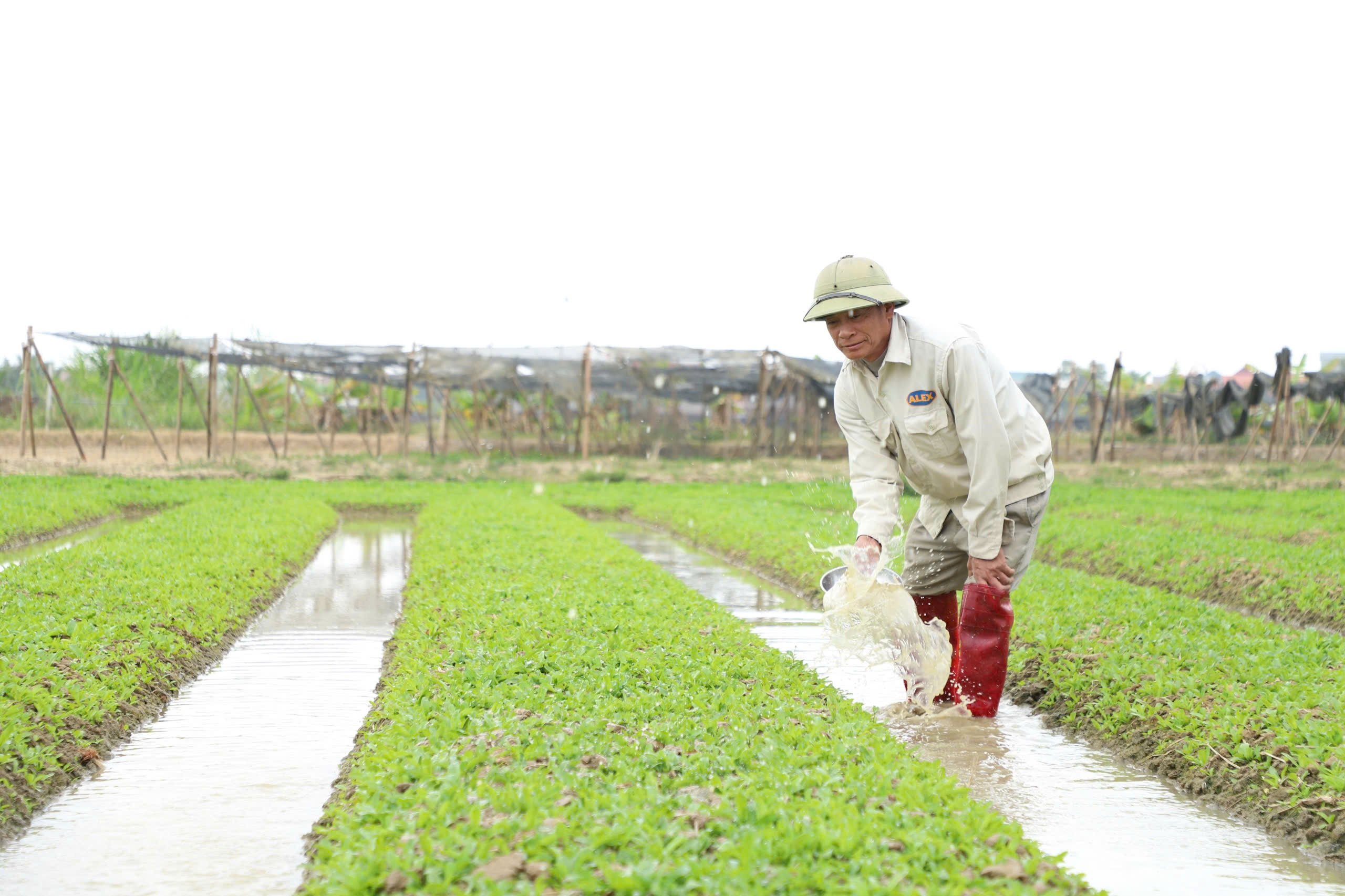











































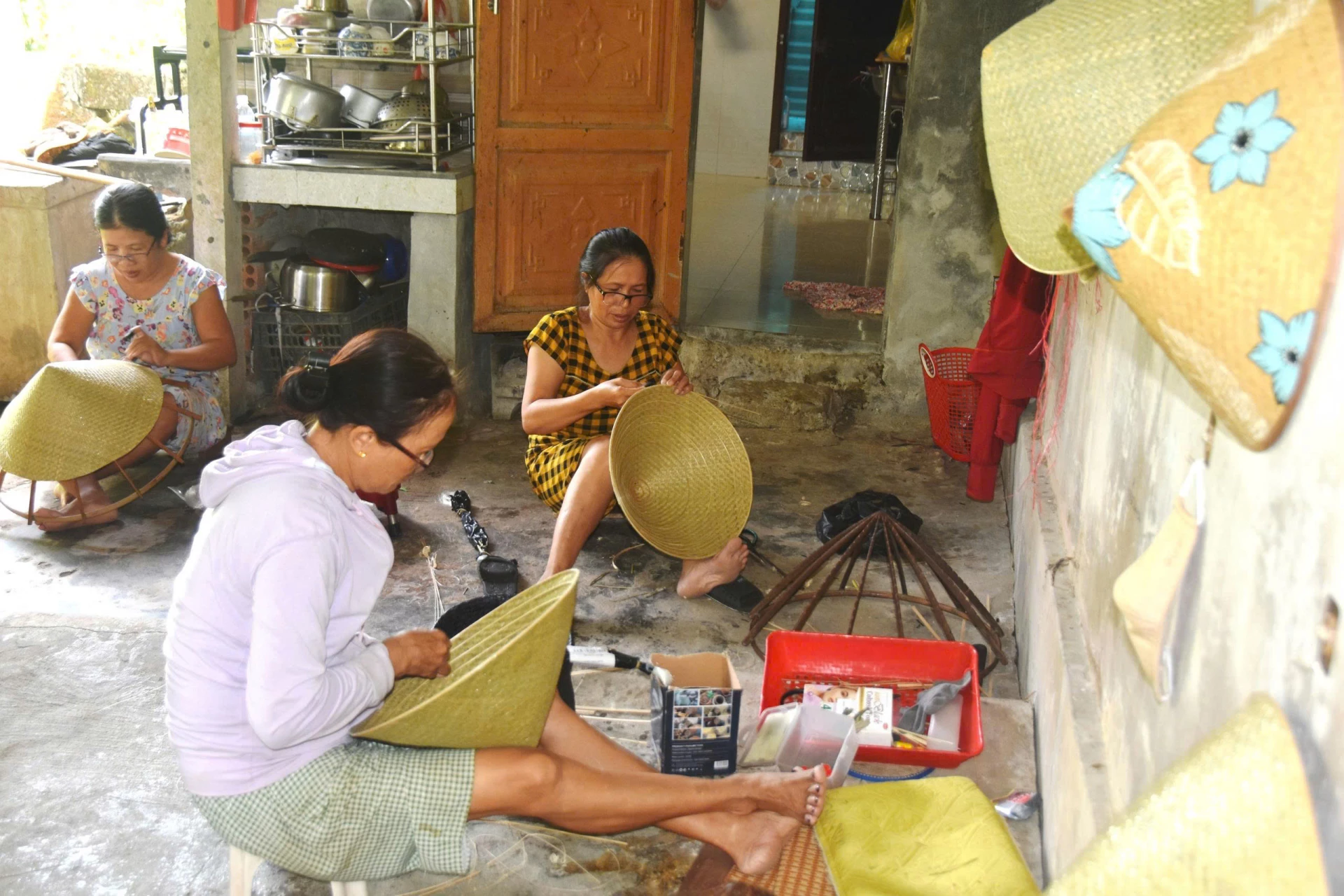

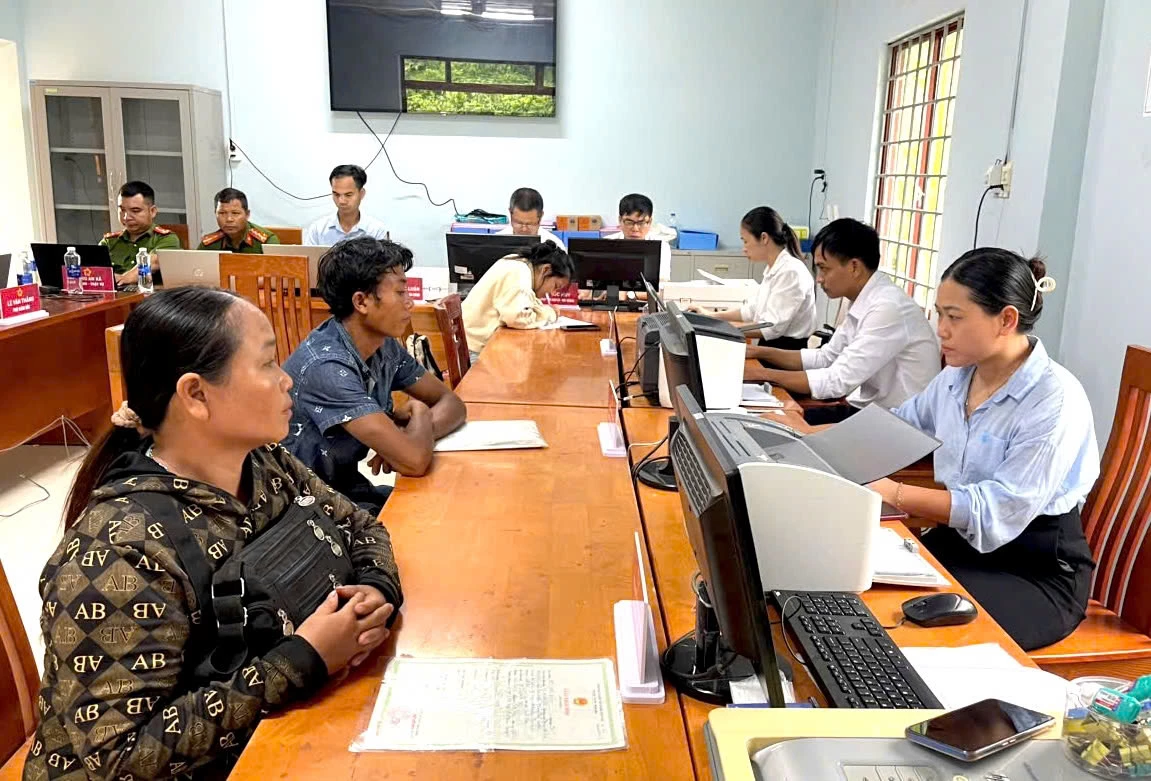

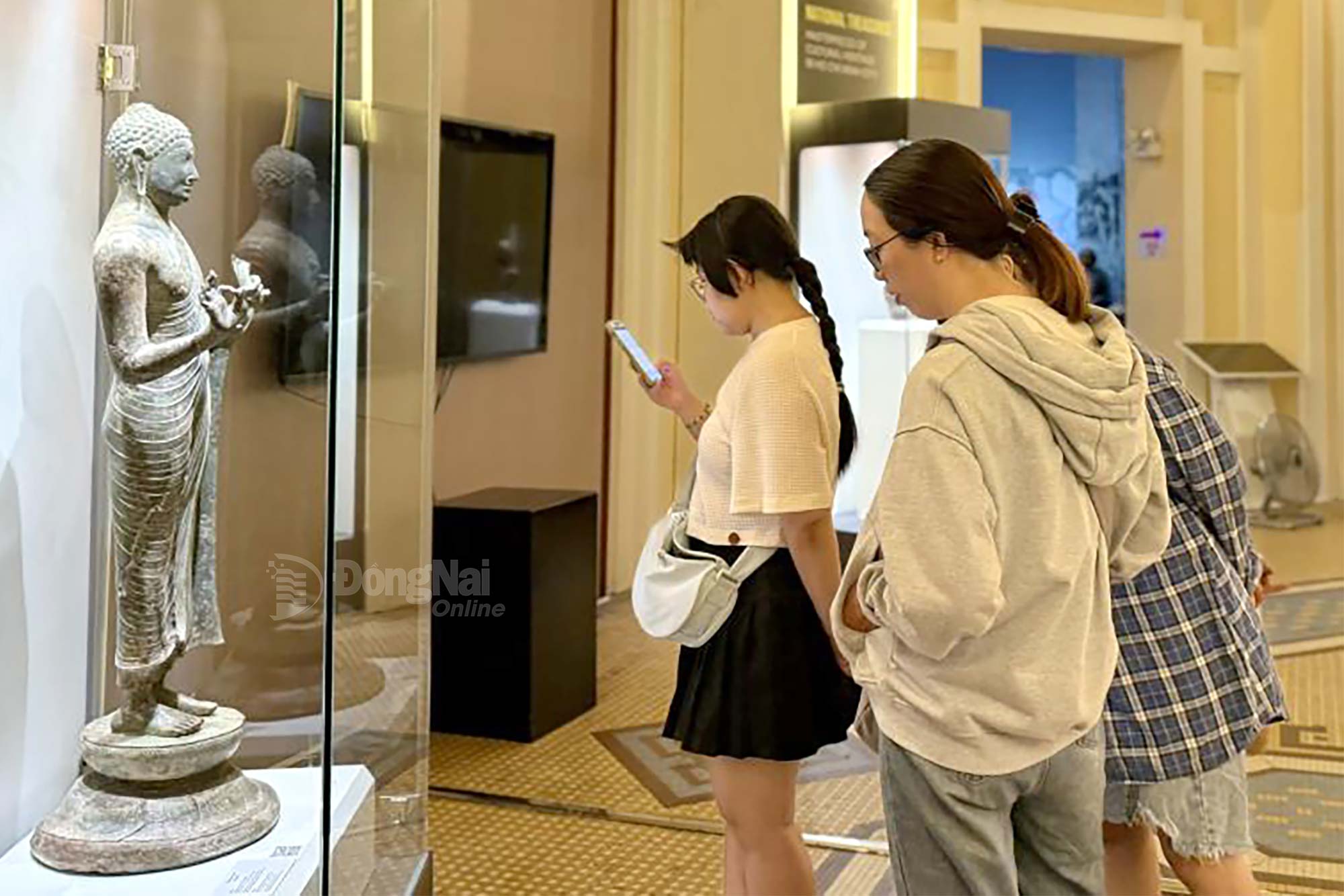


















Comment (0)